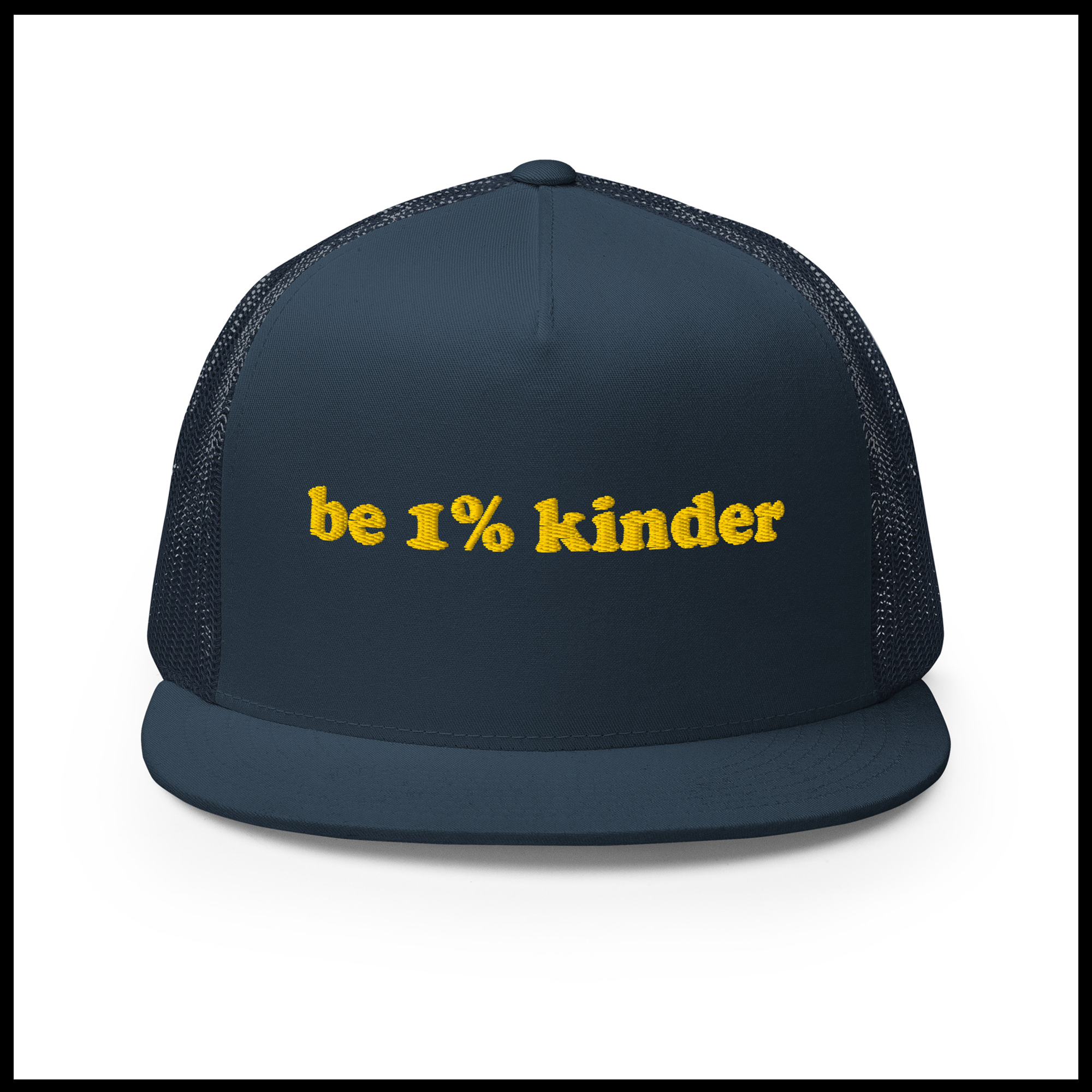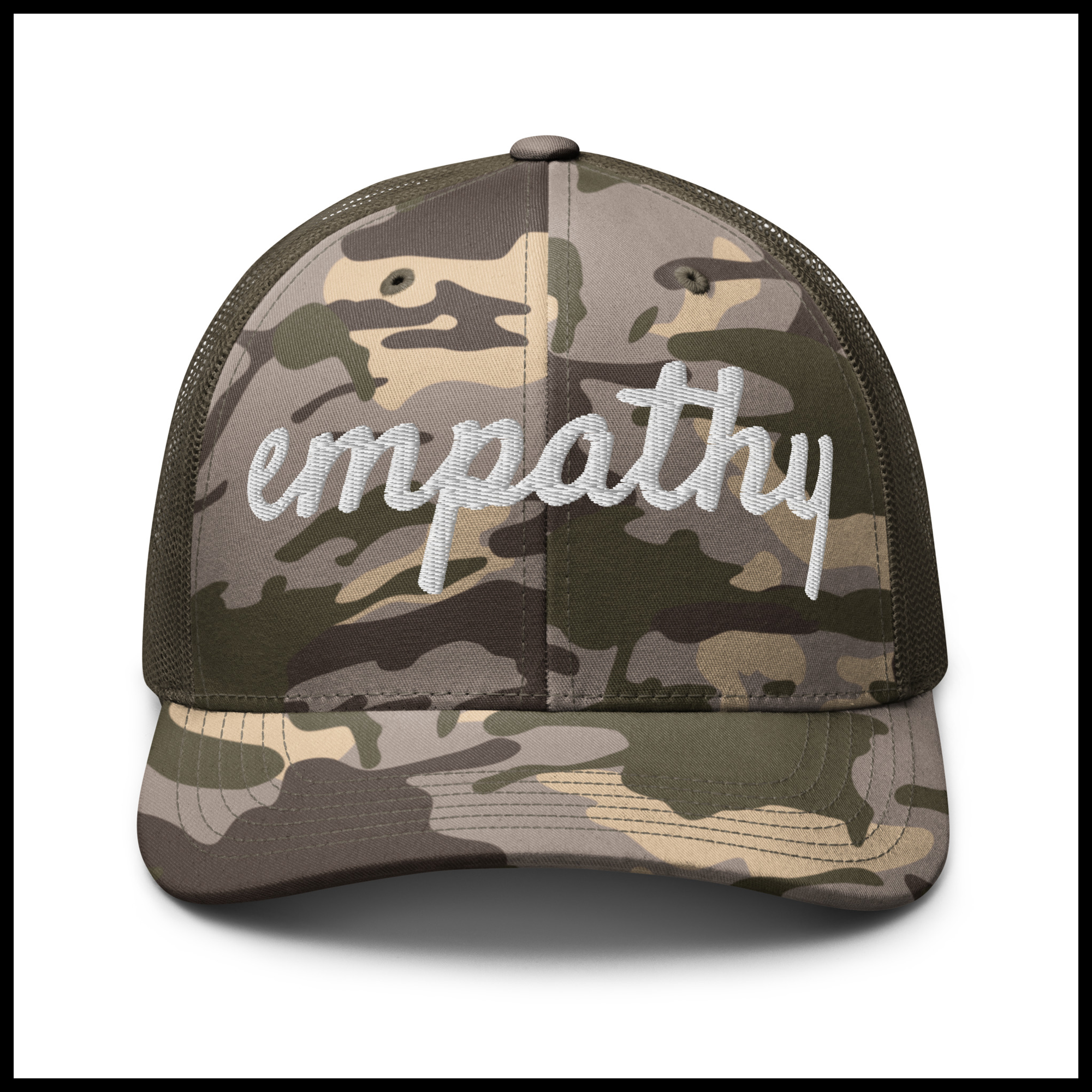
Why Does Making Friends as an Adult Feel So Awkward?
Making friends as an adult these days can be surprisingly awkward, which is somewhat ironic given that we live in a world where we are constantly connected online. We like each other’s posts, share memes, and text with friends, but many of us have forgotten how to actually connect in person. The traditional, and more organic, paths to friendship like school, neighborhoods, and shared public spaces are dying out, and the new ones often feel awkward or forced. Our childhood or college friends often drift into the rearview mirror as life moves on and as new responsibilities, relationships and obligations rise to take their places. We say we’ll stay in touch, but most of us don’t. Not really.
So, we try to patch together new friendships from what’s available. Often, that means befriending our partner’s friends’ partners. That sounds good in theory, but in practice, it’s a parade of forced small talk and polite nods. I’ve even tried using Bumble BFF, but it didn’t take long to realize that some users treat it as a backdoor dating app, complete with shirtless selfies and flirty messages.
Then there are the people who seem to have cracked the code, at least on the surface. The high-effort socializers. The ones who never lost touch with their college roommates or high school friends. They spend thousands traveling from city to city just to “keep the friendship flame alive.” Their Instagram stories look like a friendship world tour. But I can’t help wondering: How do you build a grounded social life in the present if you’re always chasing the past? That seems like a kind of escapism to me—and a very expensive kind.
Others take a different route, making friends through interest-based communities. I recently saw a post about a monthly meetup in McCarren Park in Brooklyn for “Dads with Strollers.” It looks like they gather not just to swap diapering tips, but to talk about the bigger questions like how not to repeat the mistakes of their youth. Good for them. But let’s be honest, it’s not for everyone. Especially for men.
Culturally, male friendships tend to be activity-based. We’re not conditioned to just hang out and talk. There has to be a reason: a game, a project, a shared mission. Women can meet up for a glass of wine and organically fall into two-hour conversations. We men, on the other hand, can go to a game, sit shoulder to shoulder, and maybe grunt something meaningful occasionally between pitches or plays. It’s not that men don’t want connection. We do. But for many of us, vulnerability isn’t our default setting. Our software still runs on an ancient hunter-gatherer operating system that needs a lot of system updates for the modern world.
A lot of men today gather at the gym to combine socializing with some self-improvement, especially those engaged in the new biohacking trend. But such activities are still mostly about optimizing the self—not engaging with each other. And that really highlights one of the paradoxes of making friends today: Many of us crave deeper connection, but we spend our time becoming “better” individually so that others might want to be around us, rather than actually hanging out and building relationships with other people.
Personally, I’ve learned to carve out space for friendship, but not in the gym. That’s sacred territory for me. For me, that’s like going to church, it’s not a social event. I’m there for focus, not fellowship. But I do make space elsewhere in my life for real connection: late-night conversations, shared meals, long walks. That’s really where friendship has a chance to grow—during the moments when we stop trying to impress others and just focus instead on the simple act of showing up.
In the end, maybe we just have to accept that connection won’t just “happen” the way it once did when we were kids or college roommates. We have to create opportunities, focus less on our own “self-improvement,” and maybe risk the occasional awkward silence.
Choose a Subscription
Shop +wellvyl APPAREL











